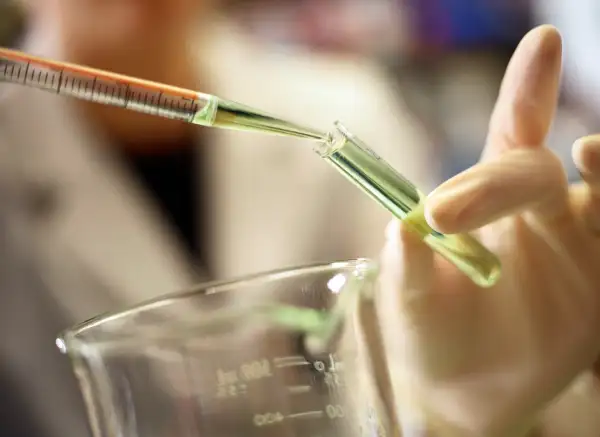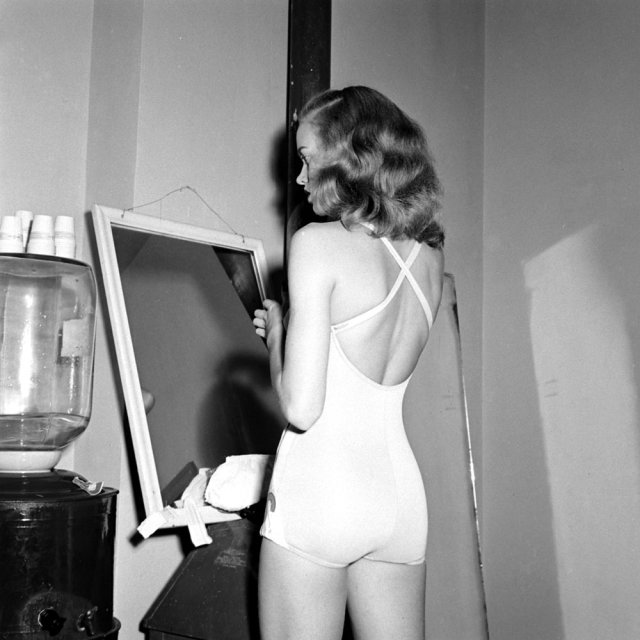Biohacker Scientist Is Selling DIY Gene-Editing Kits for $120

In the kitchen of a small apartment in the San Francisco Bay Area, 34-year-old Josiah Zayner is creating tools he hopes will allow non-experts to tinker with the building blocks of life on earth.
“I want to democratize science,” Zayner, who holds a Ph.D. in molecular biophysics from the University of Chicago, told the San Jose Mercury News.
Modeling his do-it-yourself kids on the CRISPR gene-editing process invented at UC Berkeley three years ago, Zayner includes lab protocols, equipment and how-to tutorials for the home scientist. He takes inspiration from the early days of computers, when hobbyists with the Homebrew Computer Club, like Steve Wozniak—the co-founder and chief technical brains behind Apple Computer—fomented a technological revolution in home computing that gave rise the word as we know it today. “There are so many brilliant and capable people that I want to show how they can do these things,” Zayner says. “They can change the face of the world we live in.”
For the moment the kits Zayner sells for $120 have very limited applications and couldn’t be used to alter human genes, according to Jacob Corn, a University of California scientist who encourages Zayner’s work. The bacteria and yeast that can be altered with the kits are capable of small feats like changing color or smell, or living in hard-to-live-in places, but soon die.
“I do not think that we want an unregulated, non-overseen community of freelance practitioners of this technology,” Dr. David Reman, co-director of the Center for International Security and Cooperation, told Mercury News.
Zayner says that there will always be people who want to use technology for malicious ends but that limiting its availability means limiting the potential for well-meaning people, even those outside of traditional institutions, to do good things too.
“It’s a craft,” he said. “You don’t have to be a genius, or go to school.”
